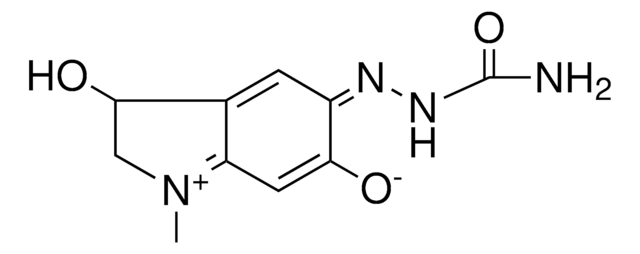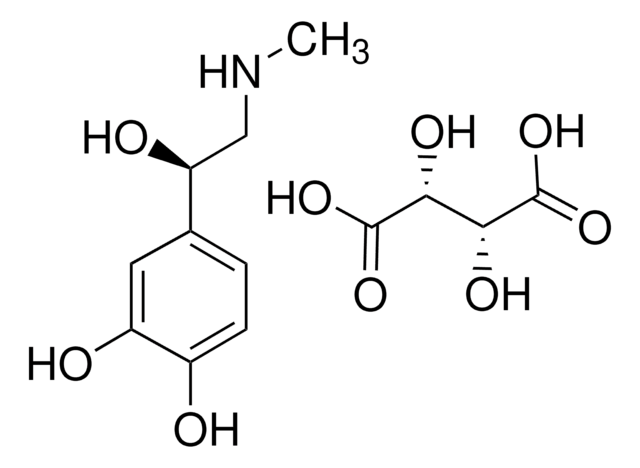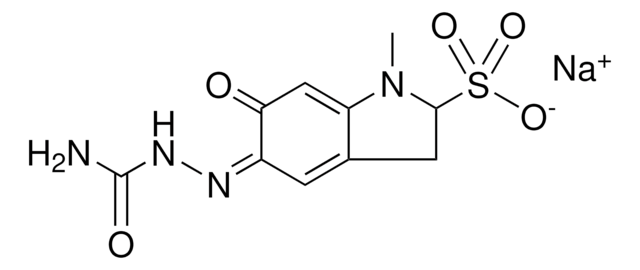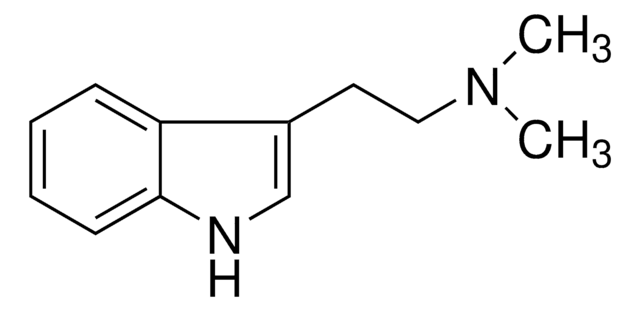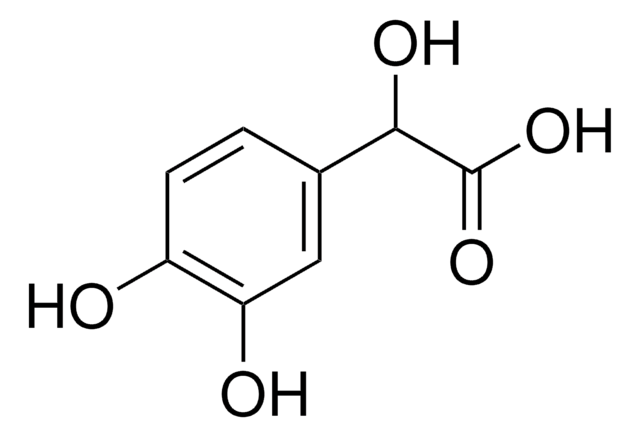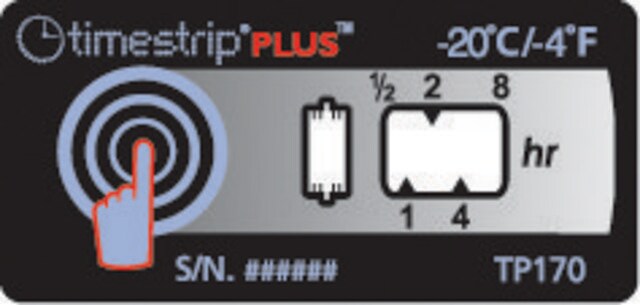A5752
Adrenochrome
>95% purity (HPLC), powder
Sinónimos:
3-Hydroxy-1-methyl-5,6-indolinedione
About This Item
Productos recomendados
Nombre del producto
Adrenochrome, ≥95% (HPLC)
Nivel de calidad
Ensayo
≥95% (HPLC)
Formulario
powder
color
red to brown
εmax
3-4.5 at 485-490 nm in water
9.0-10.5 at 299-304 nm in water
aplicaciones
diagnostic assay manufacturing
hematology
histology
temp. de almacenamiento
−20°C
cadena SMILES
CN1CC(O)C2=CC(=O)C(=O)C=C12
InChI
1S/C9H9NO3/c1-10-4-9(13)5-2-7(11)8(12)3-6(5)10/h2-3,9,13H,4H2,1H3
Clave InChI
RPHLQSHHTJORHI-UHFFFAOYSA-N
Categorías relacionadas
Aplicación
Acciones bioquímicas o fisiológicas
Producto relacionado
Código de clase de almacenamiento
11 - Combustible Solids
Clase de riesgo para el agua (WGK)
WGK 3
Punto de inflamabilidad (°F)
Not applicable
Punto de inflamabilidad (°C)
Not applicable
Equipo de protección personal
Eyeshields, Gloves, type N95 (US)
Elija entre una de las versiones más recientes:
¿Ya tiene este producto?
Encuentre la documentación para los productos que ha comprado recientemente en la Biblioteca de documentos.
Los clientes también vieron
Nuestro equipo de científicos tiene experiencia en todas las áreas de investigación: Ciencias de la vida, Ciencia de los materiales, Síntesis química, Cromatografía, Analítica y muchas otras.
Póngase en contacto con el Servicio técnico